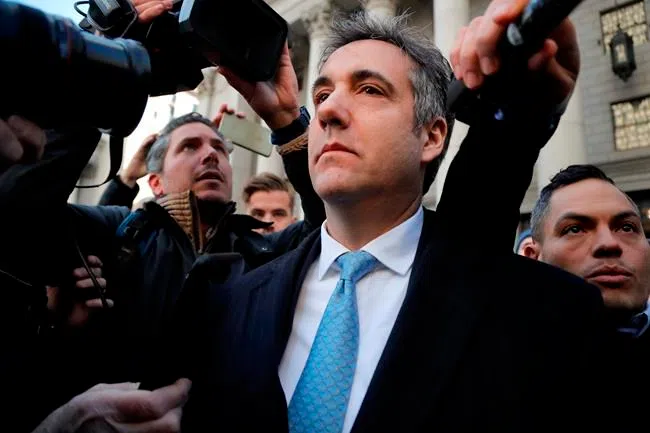
Trump aides caught in web of deception over Russia contacts
WASHINGTON — One lied about his knowledge of Russian-hacked emails, another about a Russian real estate deal, a third about dialogue over sanctions with a Russian ambassador.
A pattern of deception by advisers to President Donald Trump, aimed at covering up Russia-related contacts during the 2016 campaign and transition period, has unraveled bit by bit in criminal cases brought by special counsel Robert Mueller.
The lies to the FBI and to Congress, including by Trump’s former fixer and his national security adviser, have raised new questions about Trump’s connections to Russia, revealed key details about the special counsel’s findings and painted a portrait of aides eager to protect the president and the administration by concealing communications they presumably recognized as problematic.
The false statements cut to the heart of Mueller’s mission to untangle ties between the Trump campaign and Russia and to establish whether they colluded to sway the election. They concern some of the central questions of the investigation, including why the incoming Trump administration discouraged Russia from retaliating over sanctions imposed for election hacking; who knew what when about illegally obtained Democratic emails; and how plans for a Trump Tower in Moscow came together and fell apart.
